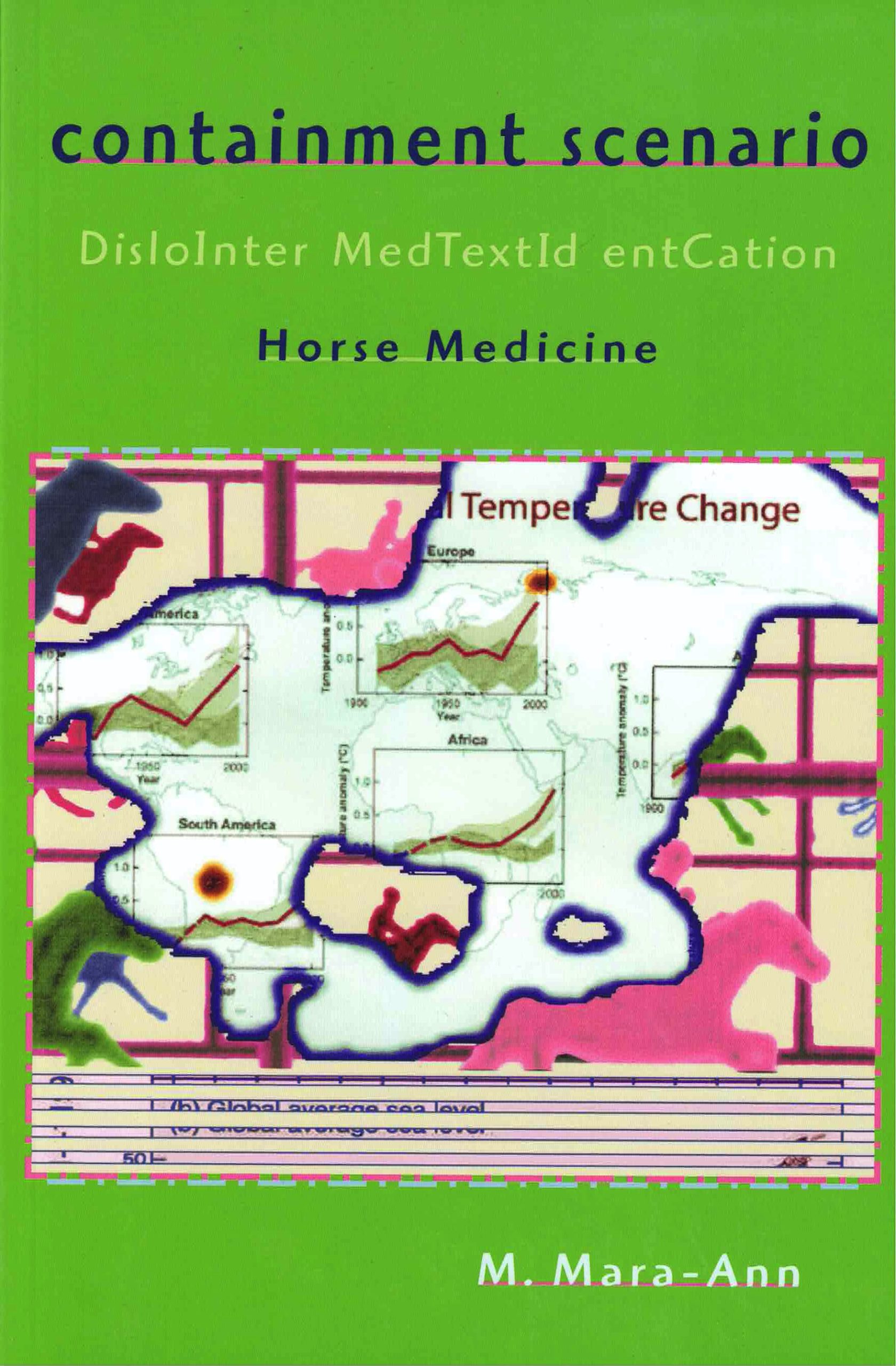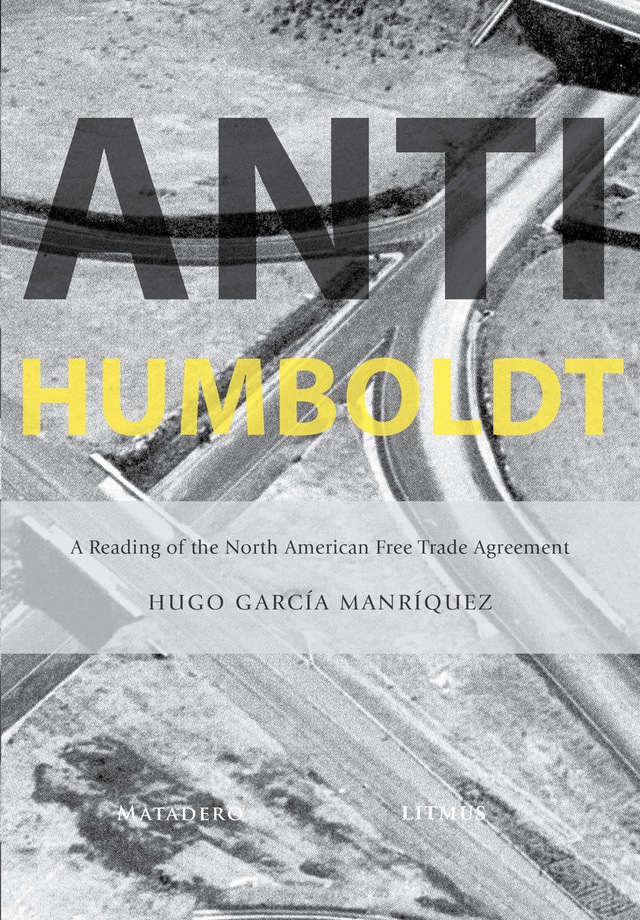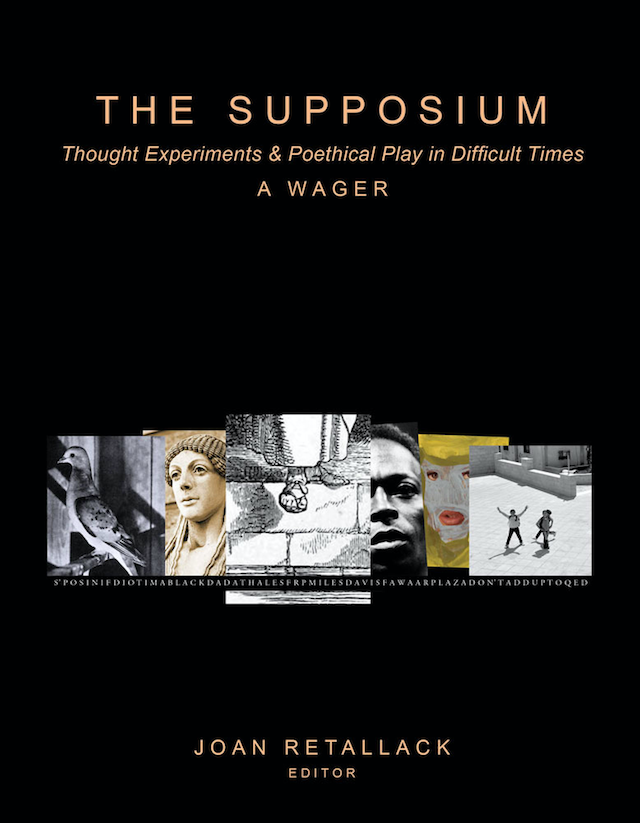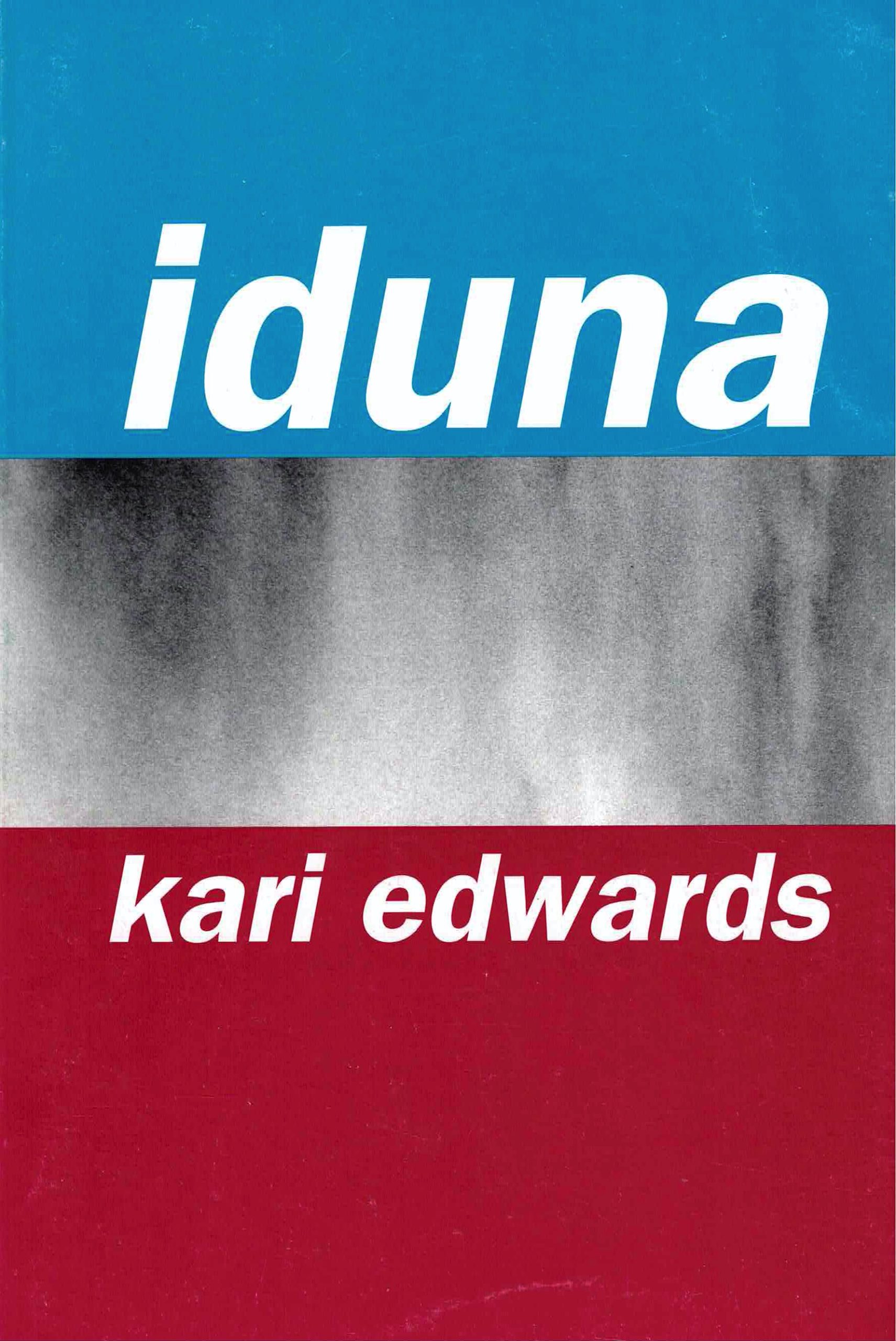M. Mara-Ann’s long hybrid, hypnotic poem-theater work of spoken-music text is ecological structure based on the international report on global warming. The footnote-archipelagos require one to turn back to the origin and reorient one’s reading becoming sustained attention, a holding of sounds like plateaus in the air, an inevitable letting go allowing the original’s spot (place) in the text and one’s attention to it to be lost, before one finds one’s way again. The poem’s reading is exchange “causing” the reader to hold a place in enlarging space. The content is the transience of life in its alteration—also our seeing that the outsides and insides are ending.
M. Mara-Ann
Praise for containment scenario: DisloInter MedTextId entCation : Horse Medicine
As an excavator of listening, M. Mara-Ann understands the slipstream of parenthesis available to the interior voice. In pages filled with filmic excursions between text and performance, she gives us a requiem for modern truth-telling. Integrating graphics with soundscapes that hover mantra from density, poetry gets jolted out of verbatim’s equinnical branding—its body scrolled against the material intensic to both crack and celebrate the inner folio-logue.
— Edwin Torres
Enter this work as you would wade into semiotic seas in the age of Presocratic atomists. What you mistook for pure abstraction is nothing but material consequence. It’s the most comforting and alien of experiences—senses saturated and emptied simultaneously, shifting codes washing through, transforming consciousness in the real time of the readerly act. M. Mara-Ann’s implicit wager is that default modes of reading/being can be ecstatically overwritten. The recovery of the natural world, so central to her anti-generic, synergistic project, posits nothing less than overwriting the catastrophe of our nature/culture agon.
— Joan Retallack





M. Mara-Ann’s Containment Scenario (2009)… maps an (entangled) ecological structure on to climate discourse such as to ‘cut, cut, cut, cut Cut!!’ (151) space for new meanings surrounding climate change, in language reminiscent of the Karen Barad arguments which are so influential on What If: The Literary Case for More Climate Change (Burnett, 2018). Instead of seeking to represent the climate, Mara-Ann places the ‘oral histories and fundamental interpretations’ of climate change in performative ‘TENSION’ (186).
— Lucy Burnett, Green Letters: Studies in Ecocriticism